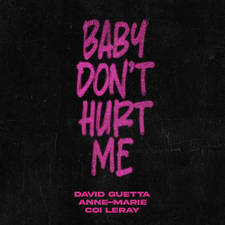Music Makes Booze Taste Sweeter!
Scientists at Portsmouth University think we drink more alcohol in clubs and bars because the noise makes it taste sweeter.
The research, conducted by Dr Lorenzo Stafford, a psychologist from the University of Portsmouth, is the first experimental study to find out how music can alter the taste of alcohol.
Dr Stafford said:
"Since humans have an innate preference for sweetness, these findings offer a plausible explanation as to why people consume more alcohol in noisy environments.
"This was a small-scale study, but it has huge implications for those who drink alcohol in noisy environments. It also has implications for bars, the drinks industry and local authorities."
The research builds on earlier observational research which found that people drank more alcohol and at a faster rate if loud music was playing.
In Dr Stafford's study, participants had to rate a selection of drinks varying in alcohol content on the basis of alcohol strength, sweetness and bitterness. They were given one of four different levels of distraction, from no distraction to loud club-type music playing at the same time as reading a news report.
The study found that drinks were rated significantly sweeter overall when participants were listening to music alone.
Dr Stafford said:
"This is an interesting finding as we might have expected the music in addition to repeating a news story to exert a more distracting effect on taste judgement. It appears that our primary sense of taste is somewhat immune to very distracting conditions but is indeed influenced by music alone.
"Researching multi-sensory perception is a growing field of study and an interesting area to explore. Although individuals might well expect to consume more alcohol in club type environments anyway, it is important they understand how environment can potentially influence over-consumption and act accordingly."
The findings are published in the journal Food Quality and Preference and the research was funded by Alcohol Research UK.






